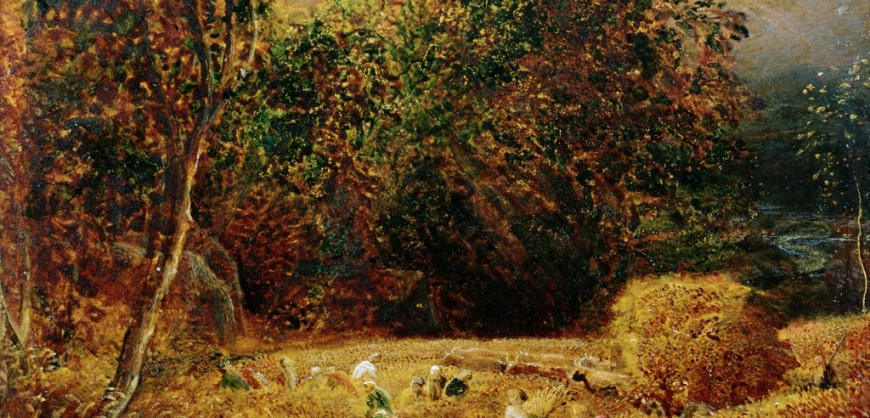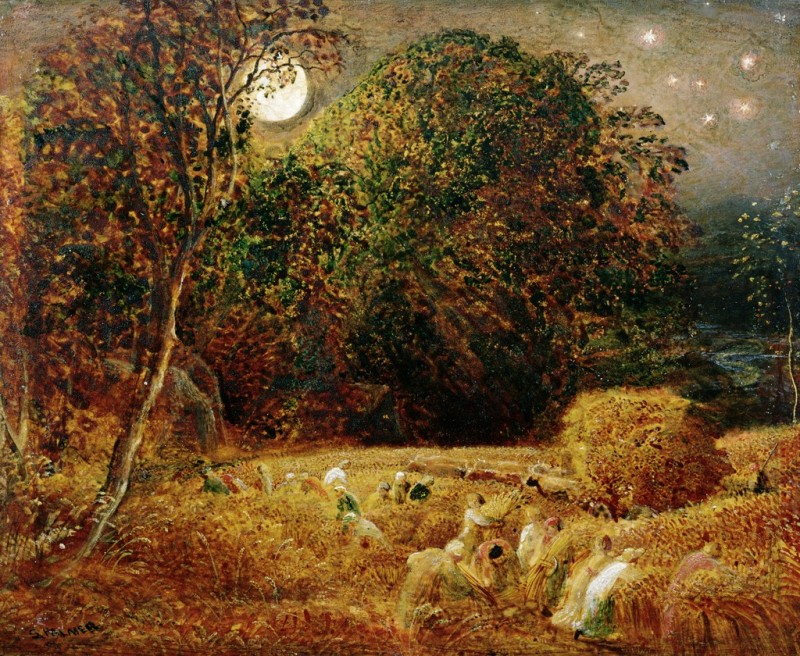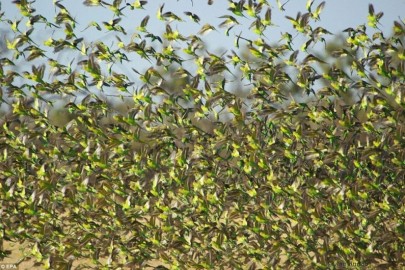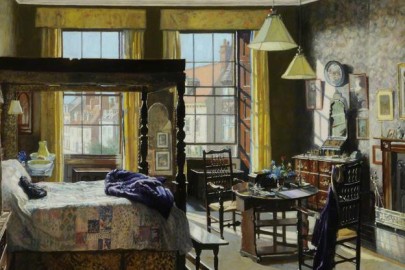There is truth and beauty in the commonplace, Stephen Pentz finds, as he considers the poetry and troubles of John Clare…
I don’t know exactly what it is, but there is something beguiling and lovely about the following poem. Some may find it too sentimental. Others may think that there is not much to it. But I am very fond of it. Maybe I am simply a soft touch when it comes to dogs . . .
Country Letter
Dear brother Robin this comes from us all
With our kind love and could Gip write and all
Though but a dog he’d have his love to spare
For still he knows and by your corner chair
The moment he comes in he lyes him down
and seems to fancy you are in the town.
This leaves us well in health thank God for that
For old acquaintance Sue has kept your hat
Which mother brushes ere she lays it bye
and every Sunday goes upstairs to cry
Jane still is yours till you come back agen
and neer so much as dances with the men
and Ned the woodman every week comes in
and asks about you kindly as our kin
and he with this and goody Thompson sends
Remembrances with those of all our friends
Father with us sends love untill he hears
and mother she has nothing but her tears
Yet wishes you like us in health the same
and longs to see a letter with your name
So loving brother don’t forget to write
Old Gip lies on the hearth stone every night
Mother can’t bear to turn him out of doors
and never noises now of dirty floors
Father will laugh but lets her have her way
and Gip for kindness get a double pay
So Robin write and let us quickly see
You don’t forget old friends no more than we
Nor let my mother have so much to blame
To go three journeys ere your letter came.John Clare, in Edmund Blunden and Alan Porter (editors), John Clare: Poems Chiefly from Manuscript (1920). The spelling and punctuation are as they appear in Clare’s manuscript.
So, where lies the appeal of the poem? Perhaps this: there is truth and beauty in the commonplace. And when the commonplace is put into heroic couplets, even more so.
Here is part of a letter that Clare wrote to his wife on July 19, 1848, while he was in the Northampton Asylum:
“My Dear Wife,
I have not written to you a long while, but here I am in the land of Sodom where all the people’s brains are turned the wrong way. I was glad to see John yesterday, and should like to have gone back with him, for I am very weary of being here. You might come and fetch me away, for I think I have been here long enough.I write this in a green meadow by the side of the river agen Stokes Mill, and I see three of their daughters and a son now and then. The confusion and roar of mill dams and locks is sounding very pleasant while I write it, and it’s a very beautiful evening; the meadows are greener than usual after the shower and the rivers are brimful. I think it is about two years since I was first sent up in this Hell and French Bastille of English liberty. Keep yourselves happy and comfortable and love one another. By and bye I shall be with you, perhaps before you expect me.”
Ibid, pages 40-41. The spelling is as it appears in Clare’s letter.
The “perhaps before you expect me” in Clare’s letter brings to mind his escape from an earlier asylum (Fair Mead, in High Beech, Epping Forest, Essex) in July of 1841. During that escape, he walked back to his home in Northborough, which was 90 or so miles away. He later wrote an account of his travels, in the form of a daily journal, which he gave to his wife. At one point, he describes sleeping out in the open at night: “I lay down with my head towards the north, to show myself the steering point in the morning.” (Frederick Martin, The Life of John Clare (1865), page 283.)
Journey Out of Essex or, John Clare’s Escape from the Madhouse
I am lying with my head
Over the edge of the world,
Unpicking my whereabouts
Like the asylum’s name
That they stitch on the sheets.Sick now with bad weather
Or a virus from the fens,
I dissolve in a puddle
My biographies of birds
And the names of flowers.That they may recuperate
Alongside the stunned mouse,
The hedgehog rolled in leaves,
I am putting to bed
In this rheumatic ditchThe boughs of my harvest-home,
My wives, one on either side,
And keeping my head low as
A lark’s nest, my feet toward
Helpston and the pole star.Michael Longley, No Continuing City (1969).













Beautiful post Stephen – I’d never come across that piece of Clare before. It’s hard ever to accuse Clare of sentimentality – if sentimentality is unearned emotion, he certainly earned his, the hard way.
Thank you very much for the kind words, Nige. As you know, Clare’s work is so rich and voluminous that you never know what you will come across next. Encountering “Country Letter” was one such unexpected gift for me.
Your observation about Clare and sentimentality is lovely and true. (Although I should confess that, when it comes to sentimentality versus irony (often the default “modern” emotion, it seems to me), I opt for sentimentality.)
Thank you again.